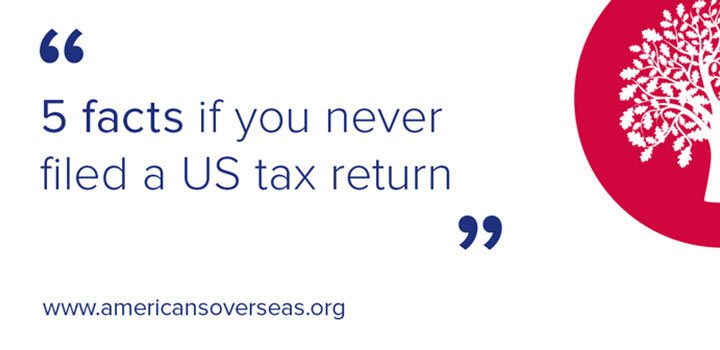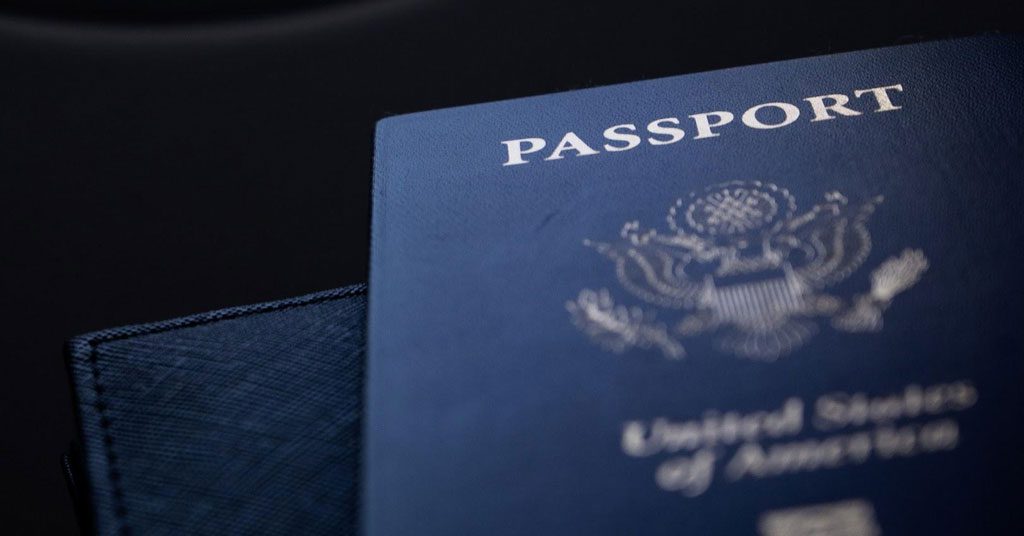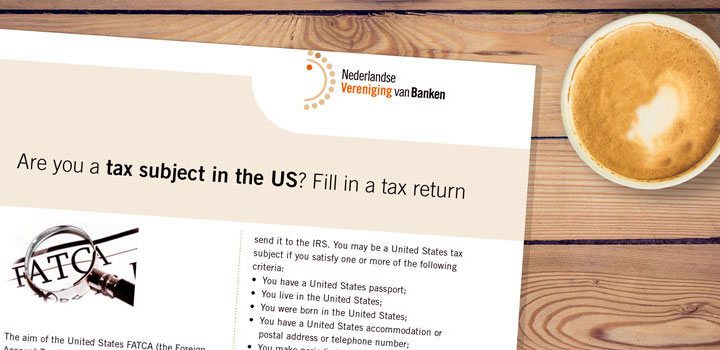
Bloomberg: Americans Abroad Renounce Citizenship to Avoid FATCA Tax Law

According to Bloomberg the American law FATCA, designed to combat offshore tax evasion, is hurting accidental US citizens who can’t open bank accounts.
A growing number of Americans abroad are renouncing their citizenship in order to avoid a law intended to crack down on offshore tax evasion.
The Foreign Account Tax Compliance Act, or FATCA, requires foreign banks to report the assets of US account holders to the Internal Revenue Service.
FATCA was intended to target wealthy Americans who keep money overseas to avoid taxes, but it has also ensnared ordinary people living abroad. Some banks refuse to open accounts for US citizens at all rather than risk steep penalties for failing to provide the information.
Accidental Americans
This is especially frustrating for so-called accidental Americans, who are citizens of the United States because they were born there or because one of their parents is American but has no other ties to the country.
As a result of European pressure, the US Treasury Department is preparing guidance that will provide some relief to foreign residents and banks. In addition, the Supreme Court has agreed to hear a case involving the tax and compliance burdens imposed on Americans abroad.
However, for some Americans abroad, it is not worth the wait.
Renouncing US Citizenship
Seiermann, for example, was born in the United States to German parents but has no recollection of her first two years in the country. She is now attempting to renounce her citizenship.
With her first job, she discovered that she had to file tax forms with the IRS despite having no ties to the United States. She must pay her accountant 450 euros per year, as well as approximately $2,500 in taxes to the IRS, for income from a rental property.
Meanwhile, according to a review by the US Treasury, while the law cost more than $574 million to implement, it only generated $14 million in revenue through May 2021.
Americans abroad denied bank service
Grant, a 30-year-old American living in Braunschweig, Germany, is another example. He describes FATCA as a major financial burden that compelled him to renounce his citizenship.
“I can’t even have a shared account with my husband because I’m US-born,” said the American who moved to Germany 10 years ago to study and is now a citizen. “I can’t do retirement planning, write a will, or even buy a property at a decent rate without fearing expensive US taxes or banks simply saying ‘no.’”
One-fourth of the approximately 9 million US citizens living abroad have considered giving up their citizenship. For 40% of them, it’s because of the annual burden of filing US taxes. The US is one of just two countries in the world, along with Eritrea, that taxes based on citizenship and not residency.
While many Americans living abroad do not pay US taxes because their home countries have higher tax rates, which are deducted from what they owe the IRS, they must still file complicated forms and frequently hire accountants to assist them.
IRS penalties for failure to comply
FBAR requirements have been in place since 1970, but the IRS has only begun to crack down on people who fail to report their assets abroad since the implementation of FATCA in 2014.
FATCA increased public awareness of citizenship-based taxation, making it more reasonable for the IRS to impose penalties for noncompliance on a more consistent basis.
Boeffard, a 55-year-old Frenchman who was born in the United States while his parents were visiting, has experienced firsthand the costs of being an unintentional American. He paid the IRS $13,000 in taxes on his foreign investments and property holdings over a five-year period, $17,000 to a US accountant, $16,000 to a US attorney, and 26,000 euros to a French lawyer.
His solution: Renouncing his American citizenship.
In addition to the $2,350 administrative fee for renouncing citizenship, Americans abroad may face an exit tax assessed by the IRS. A backlog of cases has also resulted in wait times ranging from months to years.
Americans Overseas helps Americans abroad
We, the founders of Americans Overseas, were born in the Netherlands and obtained our American nationality through our (American) mother. When we heard about this for the first time around 2013, we were in total disbelief (it can’t be true!), anger (how can they do this?), fear (am I going to get fined or pick up other problems?), and panic (what should I do?).
It is (unfortunately) true that there is an additional American tax levy. But there’s no information from the local government, and when approached, the consulate referred us to the IRS, and the IRS was impenetrable.
That’s why we started this initiative to help people from all over the world by providing proper information to avoid unnecessary panic and offering help free of obligation and free of charge. If needed, we have a network of affordable professionals (accountants) who can help you with your tax obligations.
If you have more questions about the US tax obligation you can contact us at Americans Overseas.
Contact us for more information
Source: Bloomberg
Frequently asked questions
Understanding the US tax system, the obligations, and all the additional terms can be difficult. Especially if one lives outside of America. Is your question not answered? Contact us.
-
Who is required to file taxes in the US?
U.S. citizens and resident aliens who live abroad are generally required to file a federal income tax return and pay taxes on their worldwide income.
Read more... about Who is required to file taxes in the US? -
Do US citizens living abroad still have to file taxes in the US?
Yes, US citizens are required to file taxes on their worldwide income, regardless of where they are living.
Read more... about Do US citizens living abroad still have to file taxes in the US? -
How can I cash my US check?
Received an American check? You can cash your check in the following ways: cash the check at your own bank, transfer to another person (endorsement), cash checks using an online service or cash the check by another bank.
Read more... about How can I cash my US check? -
Are there any special tax forms required for US citizens living abroad?
US citizens living abroad may be required to file Form 2555 and/or Form 1116 to claim the foreign-earned income exclusion.
Read more... about Are there any special tax forms required for US citizens living abroad? -
What is FBAR filing?
FBAR (Foreign Bank Account Report) filing is the requirement for certain U.S. individuals and entities to report their foreign financial accounts to the Financial Crimes Enforcement Network (FinCEN) of the U.S. Department of Treasury. The FBAR filing requirement applies to U.S. persons who have a financial interest in, or signature authority over, one or more foreign financial accounts if the aggregate value of those accounts exceeds $10,000 at any time during the calendar year.
Read more... about What is FBAR filing?





